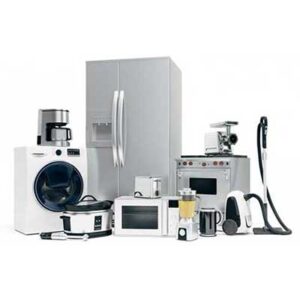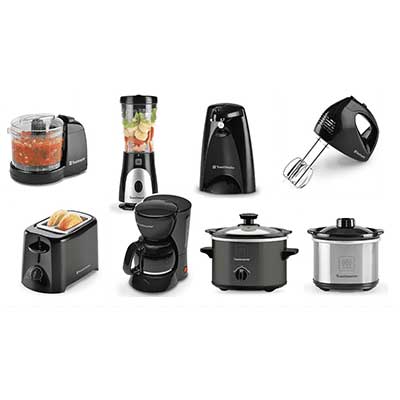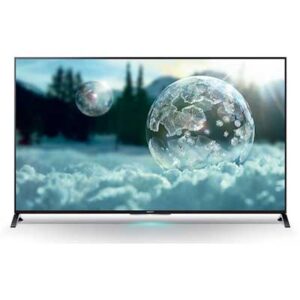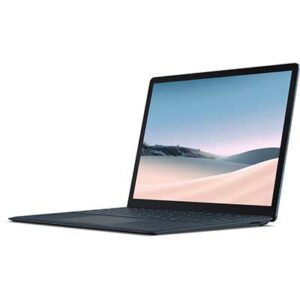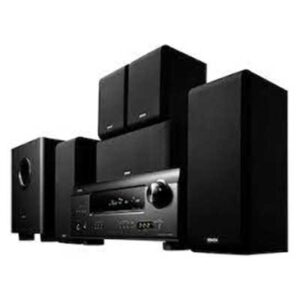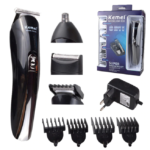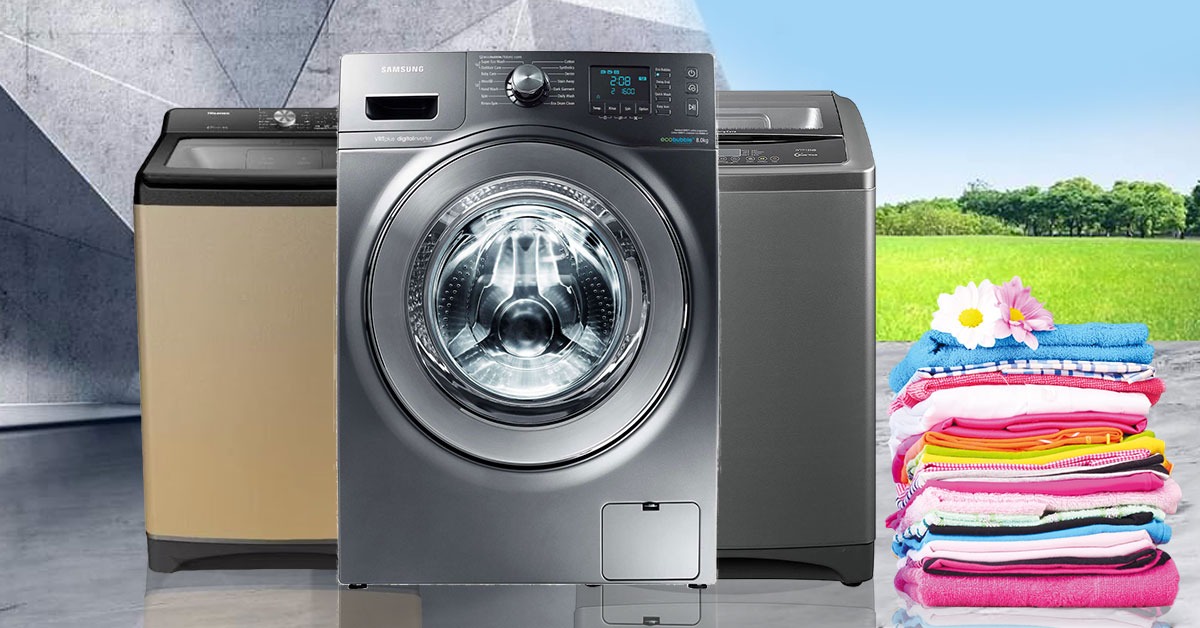What We Buy: A Top Load or Front Load Washing Machine? Leave a comment
Overview
Given the wide range of alternatives on the market, selecting a washing machine might be difficult. The choice of a front-load versus a top-load washing machine is one of the most important ones to make. We will explain the nuances of both kinds in this guide to assist you in making a choice that is appropriate for your requirements.
Washing machine types
Let’s quickly review the differences between top-load and front-load washing machines before getting into the details. Load laundry into top-loading machines from above, unlike front-loading machines that load from the front due to their horizontal drum.
The Pros and Cons of Top Load Washing Machine
Top loaders are a popular option for those who have back problems since they make loading and unloading easier. They could, however, use more energy and water than their front-loading equivalents.
Ideal Utilization Situations
Top loaders are ideal for consumers on a tight budget who value convenience above all else.
Benefits and Drawbacks of Front Load Washing Machine
Front load washers are renowned for their excellent cleaning capabilities and low energy consumption. They are ecologically beneficial as they often require less water. They could, however, have cost more upfront.
Front-load washers are the best choice for consumers who value sustainability above the economy, have more money to spend, and are prepared to make a long-term investment in an appliance.
Efficiency and Performance
Front loaders usually outperform top loaders in terms of efficiency and performance. Their horizontal drum design makes it possible to thoroughly clean and agitate clothing, which improves efficiency and removes stains more effectively.
Use of Water
Compared to top loaders, front loaders consume less water because of their horizontal drum construction. Not only does this help preserve the environment, but it also lowers consumers’ water expenses.
Capacity of Laundry for Washing Machine
One important thing to think about is a washing machine’s laundry capacity. Families with high laundry demands might benefit from front-load machines since they often have a bigger capacity and can handle larger loads.
Space Needs
Top loaders often take up less room when it comes to installation and use. They are thus a sensible option for those with small laundry rooms.
Expense Factors
Although front-load washers use less water and need less energy, they may wind up being more economical in the long run than top-load washers because of their lower water and energy consumption.
Sturdiness and Upkeep
Many people believe that front loaders are more resilient and need less upkeep. Their construction reduces abrasion on clothing and the machine itself. But initially, maintenance expenses can be a little bit more.
Impact on the Environment
Front-load washers are a better option for people who care about the environment since they use less water and electricity. They are an ecologically beneficial choice because of their efficiency, which is in line with sustainable living methods.
Convenience for Users
Top loaders’ simple loading and unloading mechanisms give them excellent marks for user ease. To provide even more convenience, front load washers include sophisticated features, including wash cycles that may be customized and delayed start.
Innovation and Technology
Significant technical breakthroughs have been made in both kinds of washing machines. These days, several top loaders include capabilities that were formerly exclusive to front loaders, making it harder to distinguish between the two.
Customer Feedback and Contentment
It’s critical to take client feedback and satisfaction ratings into account. Top-load machines are valued for their ease of use and straightforward design, whereas front-load machines are often praised for their effectiveness and cleaning capabilities.
Choosing the Option
In conclusion, personal tastes and priorities ultimately determine which kind of washing machine to choose—a top load or a front load. To select the choice that best suits your beliefs and way of life, take into account variables like affordability, energy efficiency, convenience, and the influence on the environment.
In summary
Choosing between a front-loading and a top-loading washing machine is an important choice in the constantly changing world of household appliances. You may safely make a decision that guarantees clean clothing and is consistent with your principles by assessing the benefits and drawbacks of each kind and taking into account your unique requirements.
FAQs
Q: Which kind of washing machine uses less energy: front load or top load?
A: Generally speaking, front-load washing machines use less energy because of their construction and working principles.
Q: Do front-loading machines cost more than top-loading machines?
A: Although front-load machines may cost more upfront, their efficiency frequently makes them more cost-effective over time.
Q: Are front-loading machines less water-efficient than top-loading ones?
A: Indeed, top loaders tend to consume more water than front loaders, which raises the overall water usage.
Q: Can front-loading machines handle bigger laundry loads?
A: Yes, front loaders can handle heavier loads and often have a greater laundry capacity.
Q: Are top-loading machines less maintenance-intensive?
A: Although front-load machines are often more long-lasting, top-load machines may need less maintenance overall.

